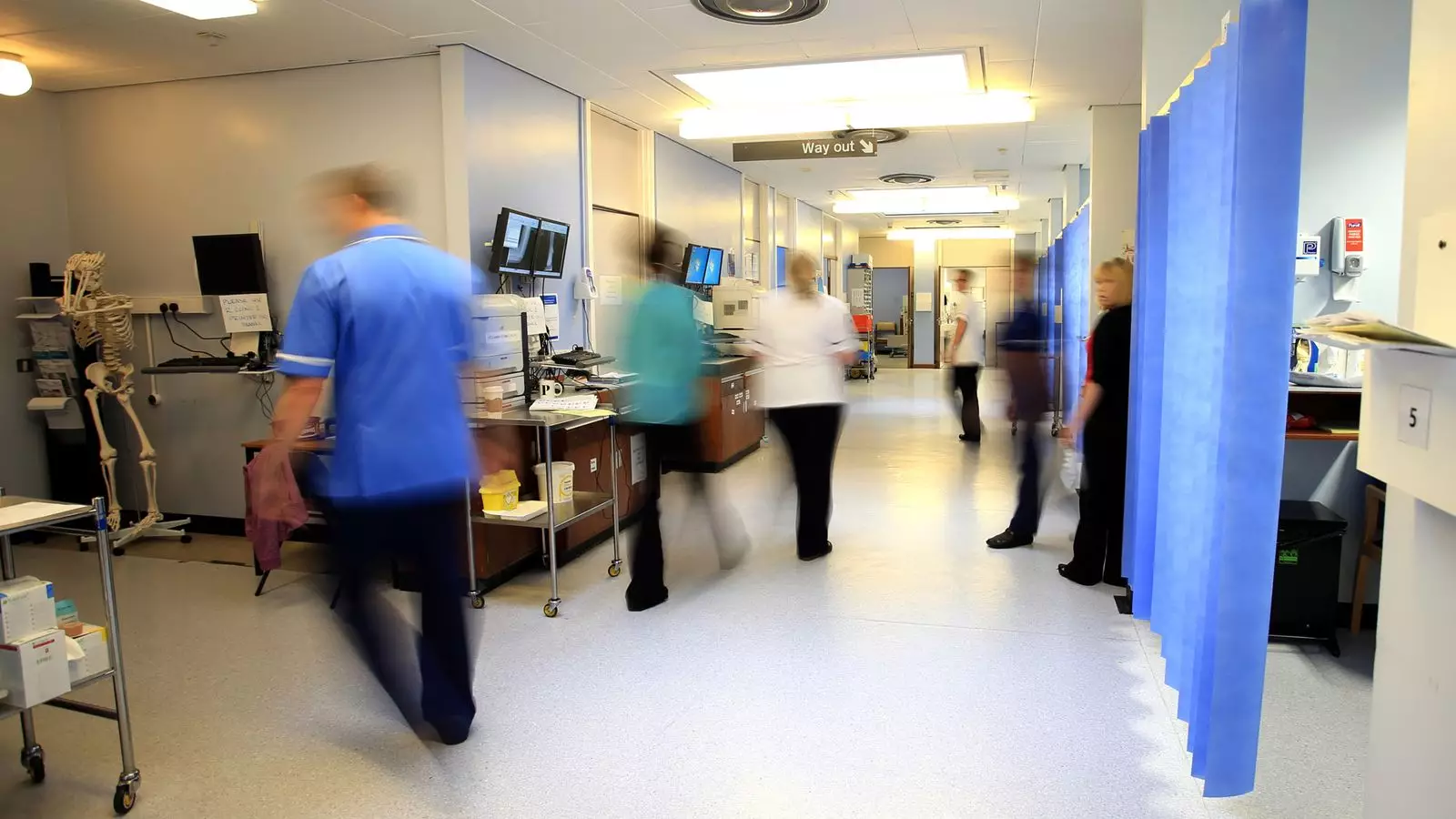Routine hospital care in England is currently facing a major disruption as consultants initiate a 48-hour strike in protest against the government’s handling of pay concerns. The British Medical Association (BMA) has announced plans for a three-day walkout in the future, adding to the existing difficulties hospitals are already experiencing. With concerns about the timing of the strike and its potential effects on patient care, it is crucial to examine the impact of these strikes on routine hospital operations.
Consultant Strikes and the National Health Service
During the ongoing strike, the NHS is anticipating significant disruption as thousands of senior hospital doctors are expected to be absent from work. The absence of these consultants poses a challenge for providing routine care, and there are worries that certain services may be put on hold for up to five days. Additionally, the strike is scheduled just before a bank holiday weekend, when many staff members are on annual leave. Coupled with warmer weather, which tends to increase demand for care, this timing further exacerbates the potential impacts on the NHS.
The key point of contention between the consultants and the government is the issue of pay. The government claims to have offered a 6% pay rise to consultants, but the BMA argues that this increase is not sufficient, labeling it as “insulting.” The BMA further asserts that consultants have experienced a significant pay erosion of 35% over the past 14 years, which has only intensified the dissatisfaction among the medical professionals.
Cumulative Effects of Strikes
Dr. Vin Diwakar, NHS England’s national medical director for secondary care, warns that the ongoing strikes will have a profound impact on the NHS. Almost all routine care is expected to be affected, and with existing staff already stretched thin due to annual leave and increased demand for services, the challenges are further exacerbated. Diwakar also emphasizes the difficulty of restoring routine services after each strike, particularly after nine months of sustained industrial action.
Urgent and Emergency Care
Amidst the ongoing strikes, it is important to prioritize urgent and emergency care for patients. The NHS is working closely with unions to ensure that life-threatening emergencies are given the attention they need. Individuals are encouraged to use the appropriate emergency hotlines, such as 999, for such situations. Furthermore, GP services and pharmacies are expected to be largely unaffected by the strikes, providing some relief for patients with non-critical health concerns.
The government has maintained that negotiations over pay are concluded, asserting that the 6% increase offered to consultants is final. Health and Social Care Secretary Steve Barclay expressed his concern and disappointment regarding the BMA’s decision to proceed with the strike. He voiced his belief that the pay offer, which would result in average earnings of £134,000 for consultants, is fair, especially in conjunction with the generous pension scheme provided. Barclay urged the BMA to cease the strikes.
Opposition parties such as Labour have criticized the government’s handling of the consultant strikes. Labour’s shadow health secretary, Wes Streeting, criticized the Conservatives for their inability to address the ongoing industrial action. Streeting argued that the government has failed to effectively reduce waiting lists and should prioritize action instead of making excuses. These criticisms highlight the political dimensions of the strikes and the public’s desire for prompt and effective resolutions.
The ongoing consultant strikes in England have created a significant disruption to routine hospital care. With the potential for prolonged strikes and the cumulative effects on patient care, it is crucial for both the government and the BMA to prioritize negotiations. The impacts on the NHS and patient well-being cannot be understated, and it is essential for all parties involved to work towards a resolution that addresses the concerns of medical professionals while ensuring the efficient functioning of the healthcare system.


Leave a Reply